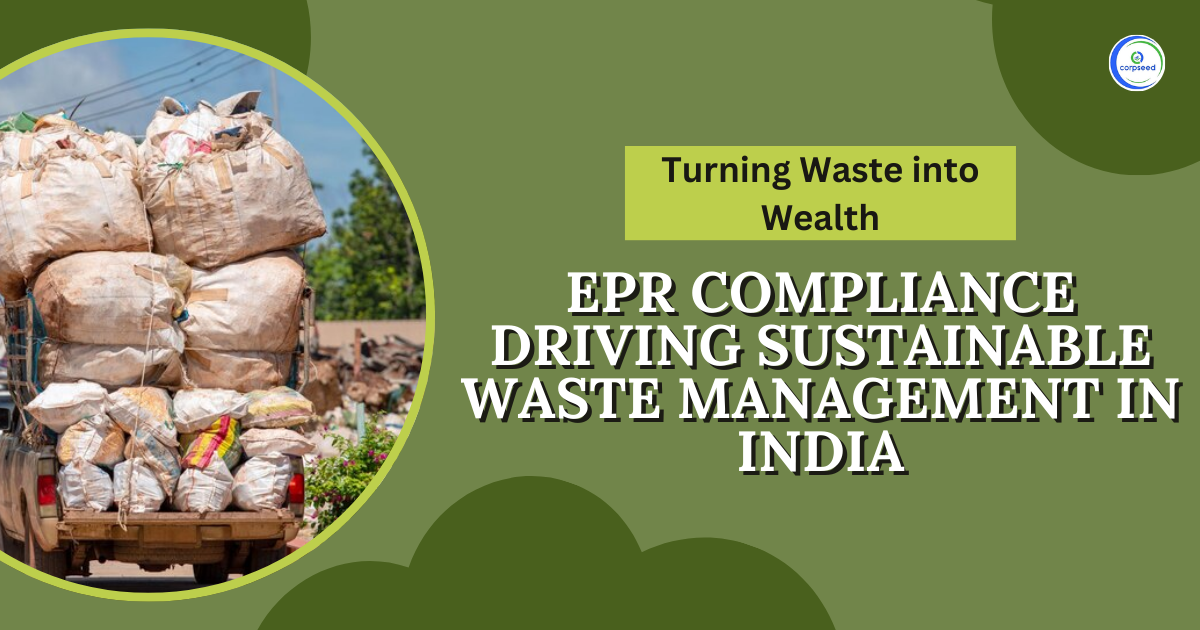Introduction: EPR in Waste Tyres
The Government of India's Ministry of Environment, Forests, and Climate Change suggested Extended Producer Responsibility rules for the handling of waste tyres. This regulation is being established in order to achieve resource efficiency in tyres by satisfying sustainable development goals and making waste tyre economics circular by properly handling waste tyres.
Table of Contents
- Introduction: EPR in Waste Tyres
- EPR Obligation
- Responsibilities of the Producer
- Responsibilities of the Recycler
- Registration, Annual Returns, EPR Certificates, and Material Tracing Through an Online Portal
- Environmental Compensation
- Audit & Verification
- India's Rubber Consumption and Production Position
Extended Producer Responsibility refers to the tyre manufacturer's responsibility to guarantee environmentally sound waste tyre disposal in accordance with the criteria of this regulation.
EPR Registration
The following entities are required to register on CPCB's centralized portal:
- Producer.
- Recycler of waste tyre
Note: If an entity is a producer as well as a recycler, it must register under both categories separately.
EPR Obligation
Producers must meet their EPR obligations by purchasing EPR certificates online from registered recyclers and submitting them online by filing a quarterly return. The quarterly return must be submitted by the end of the month following the end of the quarter. The information given by producers and registered recyclers will be cross-checked on the website. If there is a difference, the lower amount will be used to meet the Producer's EPR responsibilities. The certifications will be subjected to an environmental audit by designated Ministry entities.
Generation of EPR Certificate
- The Central Pollution Control Board would generate an EPR certificate through the portal in the name of a registered recycler.
- The EPR certificate will be valid for two years from the end of the financial year in which it was issued.
- Each EPR certificate will be assigned a unique number that includes the year of manufacture, the end product code, the recycler code, and a unique code. The EPR certificates will be issued in denominations of 100, 200, 500, and 1000 Metric Tones, or as the CPCB may specify with the Steering Committee's agreement.
Transaction of EPR Certificates
- A producer's EPR responsibility for the current year (Year Y) plus any remaining liability from previous years plus 10% of the current year liability can be purchased as EPR certificates.
- As soon as the producer obtains an EPR certificate, it will be automatically adjusted against his or her liability, with the earlier liability receiving priority in the adjustment. The EPR certificate will be automatically destroyed and cancelled when it has been amended.
- The availability, requirements, and other details of the EPR certificate will be made available on the web for each producer/ recycler.
- Producers/recyclers are required to record and submit all such transactions on the web platform when filing quarterly returns.
Responsibilities of the Producer
The tyre manufacturer is responsible for ensuring that Extended Producer's Responsibility is met by purchasing EPR certifications solely from certified recyclers.
On or before the end of the month following the quarter to which the return applies, file quarterly returns in specified form on the Central Pollution Control Board's portal. Each registered entity is required to submit a quarterly report.
Responsibilities of the Recycler
All recyclers must report monthly information on the portal in the form stipulated by CPCB detailing the number of waste tyres used and end product created EPR Certificate sold, and other pertinent information.
On or before the end of the month following the quarter to which the return relates, all recyclers must file quarterly returns in prescribed form on the Central Pollution Control Board's portal.
Registration, Annual Returns, EPR Certificates, and Material Tracing Through an Online Portal
The CPCB will create an online system for registering, filing quarterly returns, generating and adjusting EPR certificates, and submitting monthly information by recyclers.
The web portal would serve as a centralised data repository for legislation and guidelines pertaining to the adoption of EPR for waste tyres. The online portal must have, among other things, the following information:
- For Producer:- Import/production of new tyres from various years, the quantity of waste / new tyres, quarterly EPR Certificate purchase returns, adjustment of EPR obligation for each year, current year EPR obligation, and carried forward obligation from previous years.
- For Recyclers:- EPR Certificates are developed and sold by using the information and quantity of recycled material and final product submitted. In the event of a waste tyre importer, it must ensure that the EPR value is decreased by dividing it by Web Portal.
- The web portal will give data on various producers' existing unfulfilled EPR requirements, as well as the number of EPR Certificates held by recyclers and surplus EPR Certificates held by producers.
All actions connected to EPR implementation will be done in an offline manner until the online web portal is built.
In accordance with the foregoing provisions, the CPCB will prescribe the format of all relevant forms/returns for this EPR regulation.
The CPCB may charge the producer and recyclers an appropriate processing/registration fee via an online portal.
Environmental Compensation
In the event of non-compliance with the regulations and the use of a false EPR Certificate, the CPCB shall establish procedures for imposing and collecting environmental compensation on the producers. The said guidelines must comply with this rule and must be approved by the MoEF and CC (Ministry of Environment, Forest and Climate Change) before being implemented.
Recyclers will also be subject to environmental compensation if they produce a faulty EPR certificate or provide incorrect information.
It will also be imposed on unregistered producers, recyclers, and any other company that assists or abets the breach of these rules.
The payment of environmental compensation does not relieve the Producers of their responsibilities under these standards. The unpaid EPR obligation for a given year will be carried forward to the following year, and so on, for a maximum of three years. If the EPR duty gap is resolved within one year, 85 per cent of the environmental compensation imposed will be refunded to the Producers. If the EPR shortfall is addressed after two years, 60 per cent of the environmental compensation levied will be returned to the Producers; if the shortfall is addressed after three years, 30 per cent of the environmental compensation levied will be returned to the Producers; and if the shortfall is addressed after four years, no EC will be returned to the producer.
Revocation of registration and imposition of EC, which shall not be returnable, will arise from false information resulting in overproduction of EPR certificates by recyclers exceeding 5% of the real recycled trash.
CPCB will keep the cash collected under environmental compensation in a separate Escrow account. The money raised will be used for the collection, recycling, and end-of-life disposal of uncollected and non-recycled/non-end-of-life waste tyres for which an environmental compensation is assessed, as well as other items as determined by the committee. The Steering Committee will provide recommendations for how the money should be used, which will be authorised by the Competent Authority in MoEF&CC, who may also issue instructions in this regard.
Audit & Verification
CPCB, on its own or through an authorised agency, will check and audit Producers/recyclers to ensure that they are complying with the law. Actions against infractions and failure to meet EPR targets, obligations, and responsibilities will be taken.
India's Rubber Consumption and Production Position.
The term "Environmentally sound waste tyre management" refers to "taking all necessary actions to guarantee that waste tyre is managed in a manner that protects the health and the environment against any harmful consequences that may emerge from such waste tyre.
- India is the world's fourth-largest producer and fourth-largest user of natural rubber.
- Automobile Industry- the largest consumer: The automobile industry is the country's greatest consumer (India produces 6.5 lakh tyres every day). India accounts for 6% of the world's 1.5 billion+ discarded tyres produced each year.
- Tyre Import: In addition, India imports approximately 3 lakh tonnes of tyres for recycling each year. They are subjected to high-temperature thermochemical processes in order to create industrial oil and other derivatives.
- Concerns Regarding Tyres: Pollution from these sources is a major worry, as a number of pyrolysis units in around 19 states were found to violate environmental regulations and to be accountable for excessive levels of pollution. Among the negative consequences are:
- The environment contains a high proportion of BOD, COD, and Sulphur.
- Improper waste disposal.
- Waste treatment procedures are inefficient.
- Inadequate disposal and treatment technology, for example.
This portion of the site is for informational purposes only. The content is not legal advice. The statements and opinions are the expression of author, not corpseed, and have not been evaluated by corpseed for accuracy, completeness, or changes in the law.
BOOK A FREE CONSULTATION
Get help from an experienced legal adviser. Schedule your consultation at a time that works for you and it's absolutely FREE.


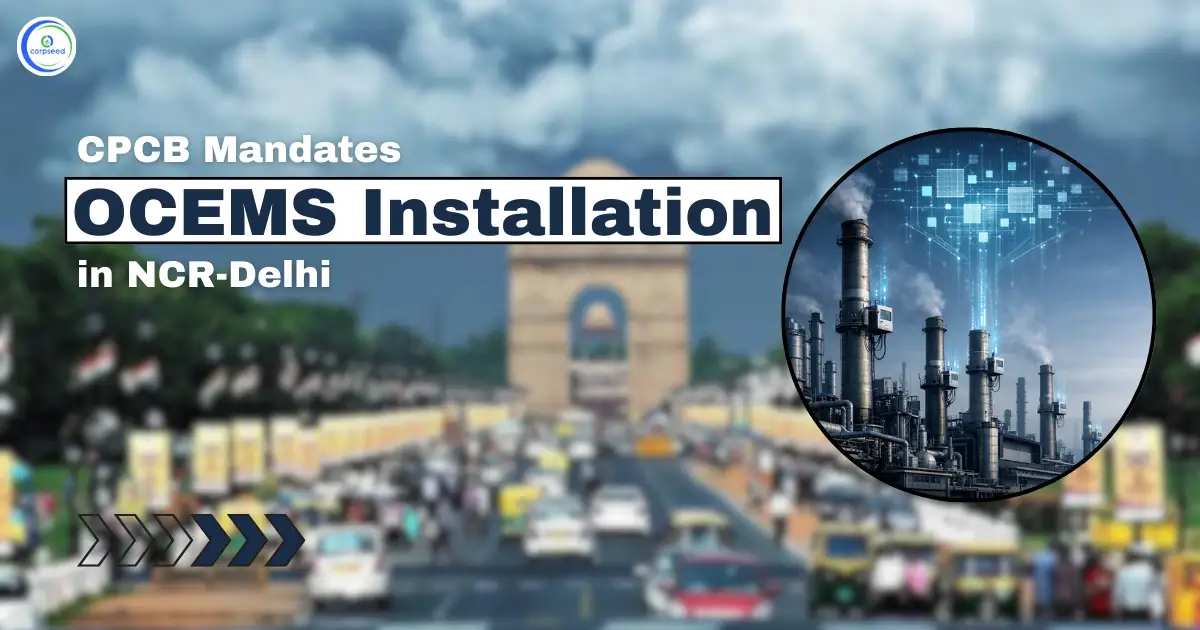
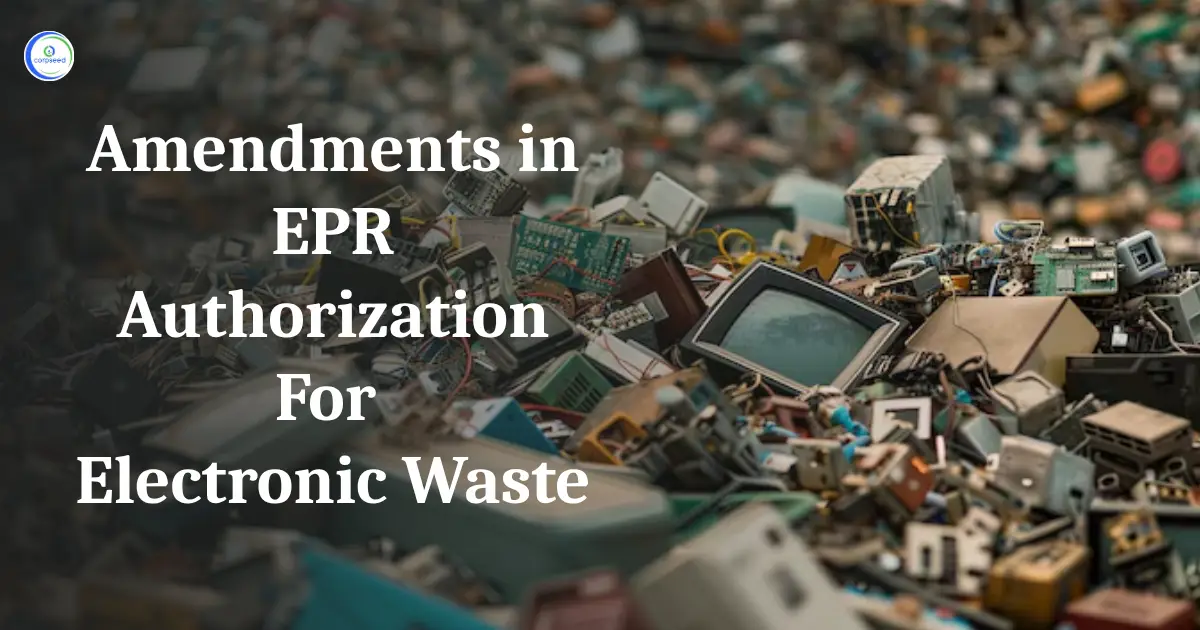
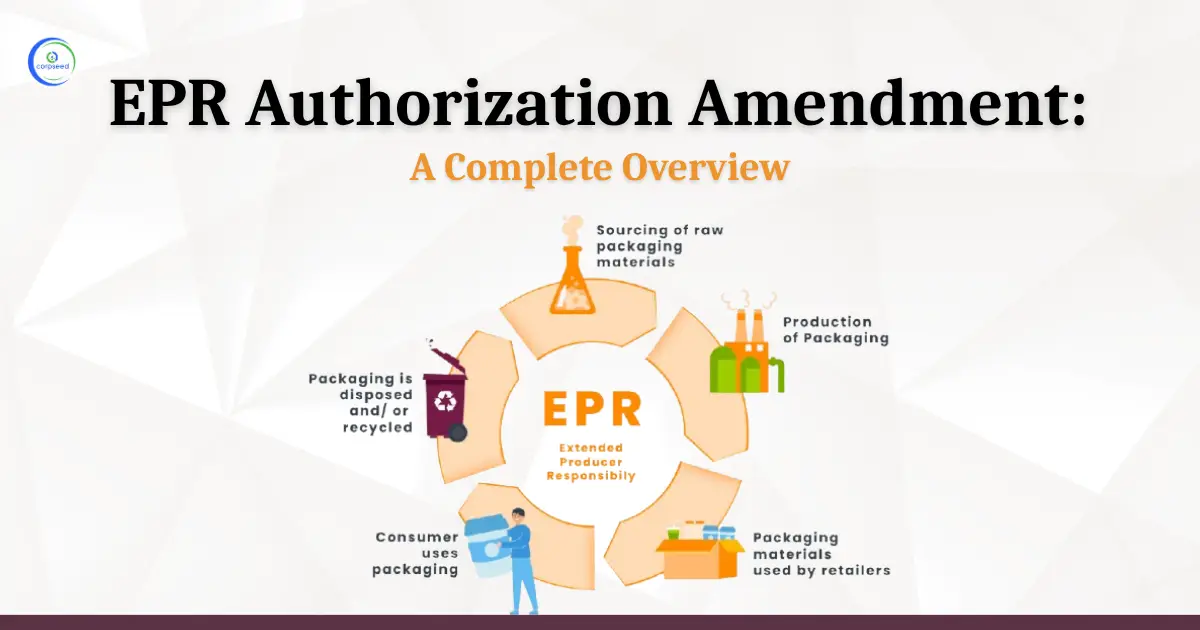
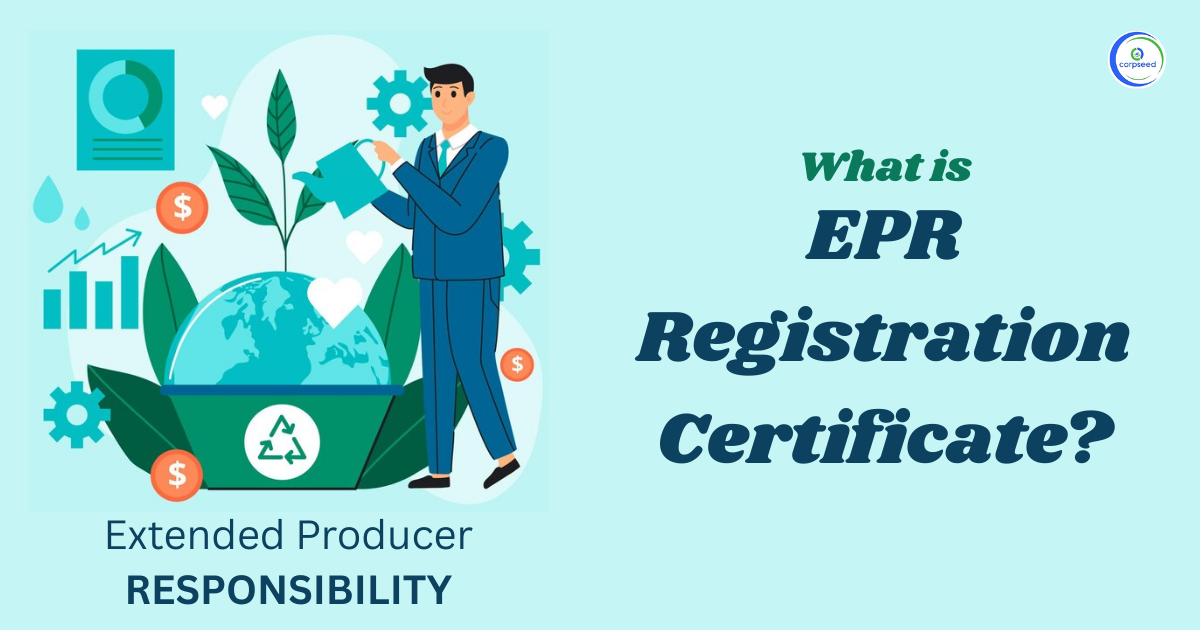
.webp)
